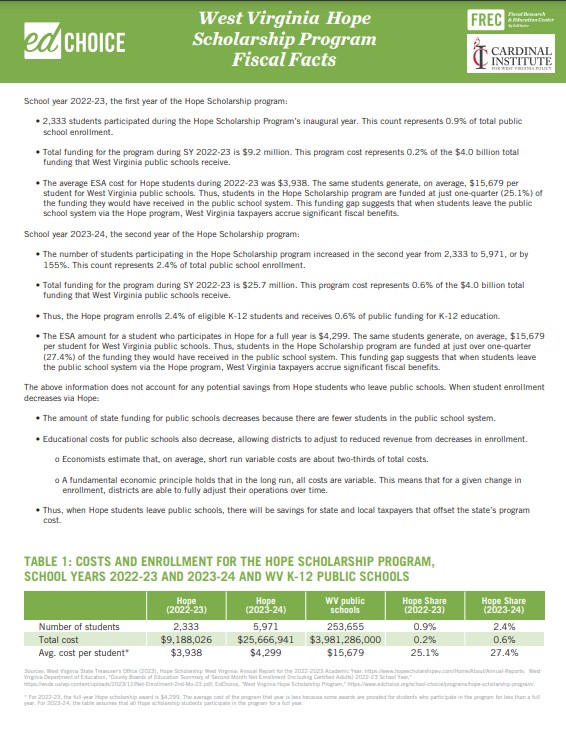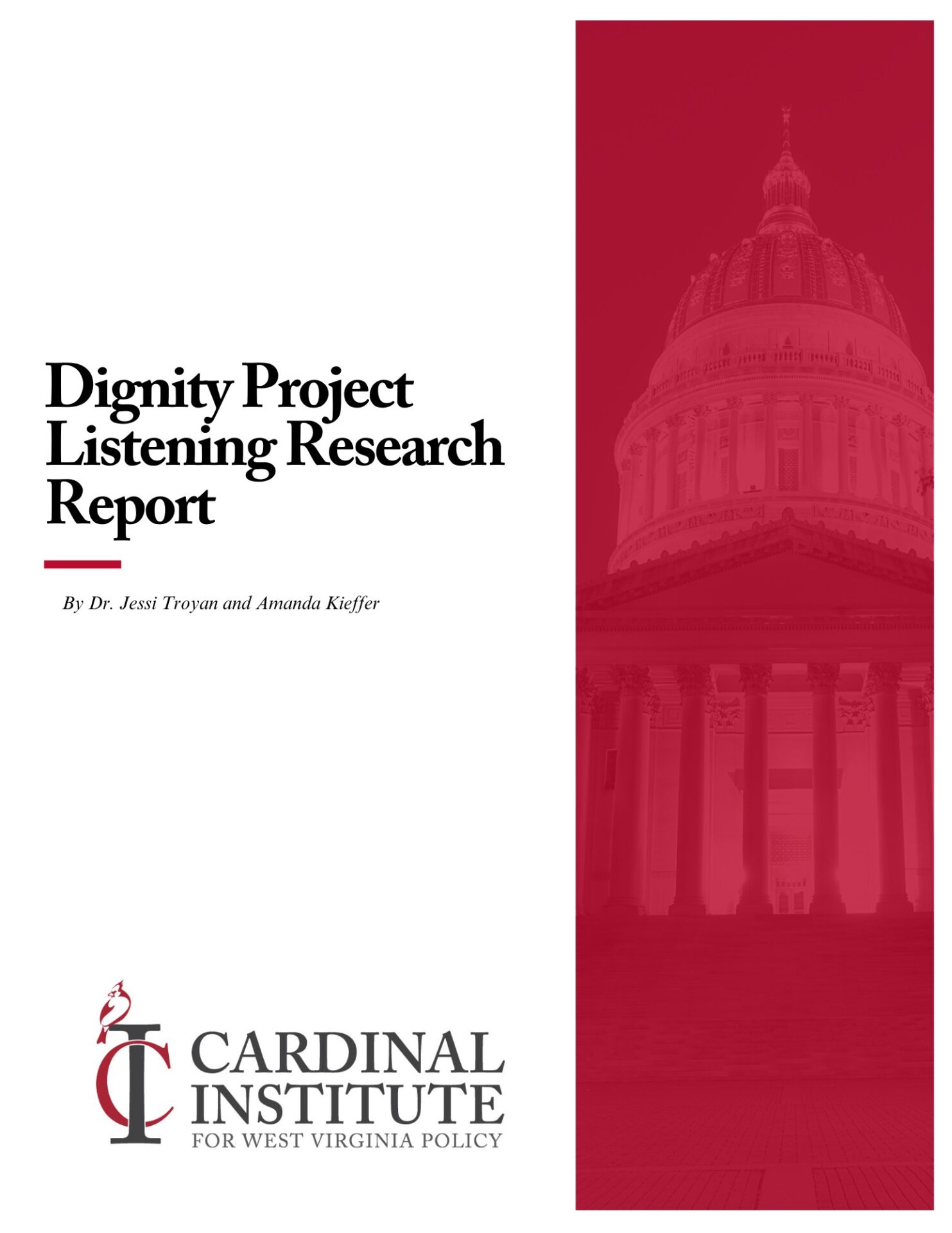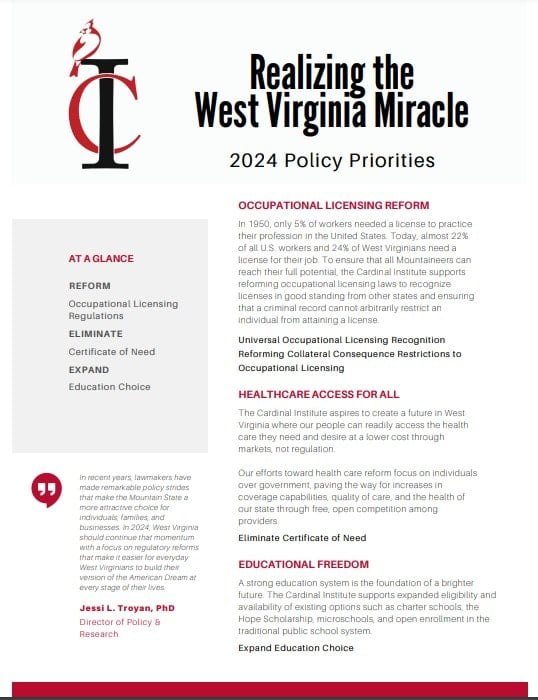Election Season
‘Tis the season…
If you’re into politics, that is.
Doors are being knocked on. Stump speeches are ringing throughout communities. Ads are on TV, radio, and all over the Internet. Candidate mailers are hitting mailboxes. Citizens dutifully head to their local ballot boxes. “I Voted!” stickers are being proudly worn.
As someone who believes that ideas matter and works in public policy, I enjoy when people find their voice. It’s good to see others recognize their power to make a difference, even when we disagree. The uptick in political activity spurs an uptick in general civic engagement. It also invites people to get more informed about local issues so that eager candidates can be empowered to tackle the issues of the day.
Vague Political Language
But not all of the information passed around in campaign times is particularly helpful. The language is emotionally charged and spurs people to action. However, that action often takes the form of motion without any movement. These calls to action demand change but rarely, if ever, provide meaningful guideposts for the citizenry to gauge if progress is being made and goals are being met.
How is that so?
Two shining examples of language that fires people up are calls to “fully fund” something, or for one portion of society to pay their “fair share.”
Examples to Look Out For
Those of you reading in West Virginia probably recall the policy dust-ups in recent years about “fully funding” PEIA. Think back on those debates for a moment. At any point do you recall hearing some sort of concrete metric about what would constitute fully funding the state’s public employee insurance plans?
I don’t.
At its clearest, “fully fund” translates into “allocate more state money to this so that public employees at least don’t pay higher premiums.”
How much money? More.
Not any sort of number that policymakers could grapple with. Simply, “more.”
Unless you’ve taken a Rip Van Winkle grade nap, you’ve heard calls from the likes of Senator Bernie Sanders, Representative Alexandria Ocasio Cortez, and others among the more progressive wing of Congress calling for “the rich” to pay their “fair share” in taxes.
Again, I am asking you, do you ever recall hearing some sort of concrete metric that would illuminate what that fair share is?
You don’t? Me neither.
Here, I don’t even have an idea of what this might have been at its clearest point.
Simply, “the rich should pay more in taxes.” Again, no numbers were offered, no percentages, no nothing. Simply, “more.”
So, as campaign season rolls on toward the general election, I invite you all to press for details when you hear these kinds of vague phrases bandied about. At stump speeches, campaign rallies, town halls, or any other opportunity you have, ask the hard questions.
If faced with the question, “well, how much detail do you want?” I suppose a good answer here would simply be, “more.”
Jessi Troyan is the Policy & Research Director for the Cardinal Institute for West Virginia Policy.









